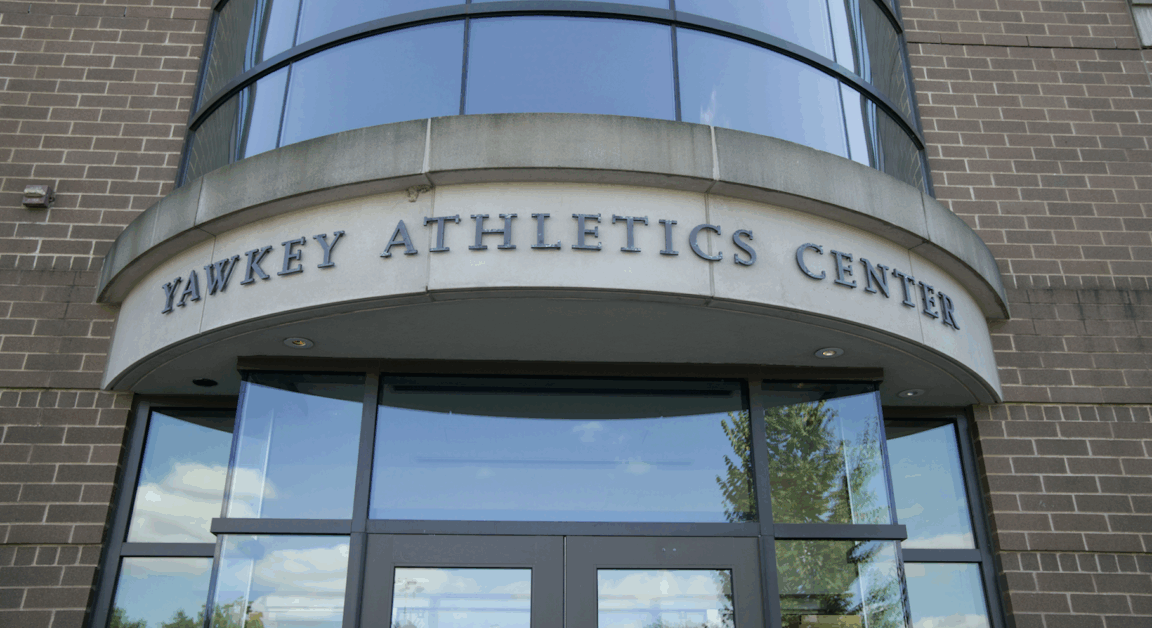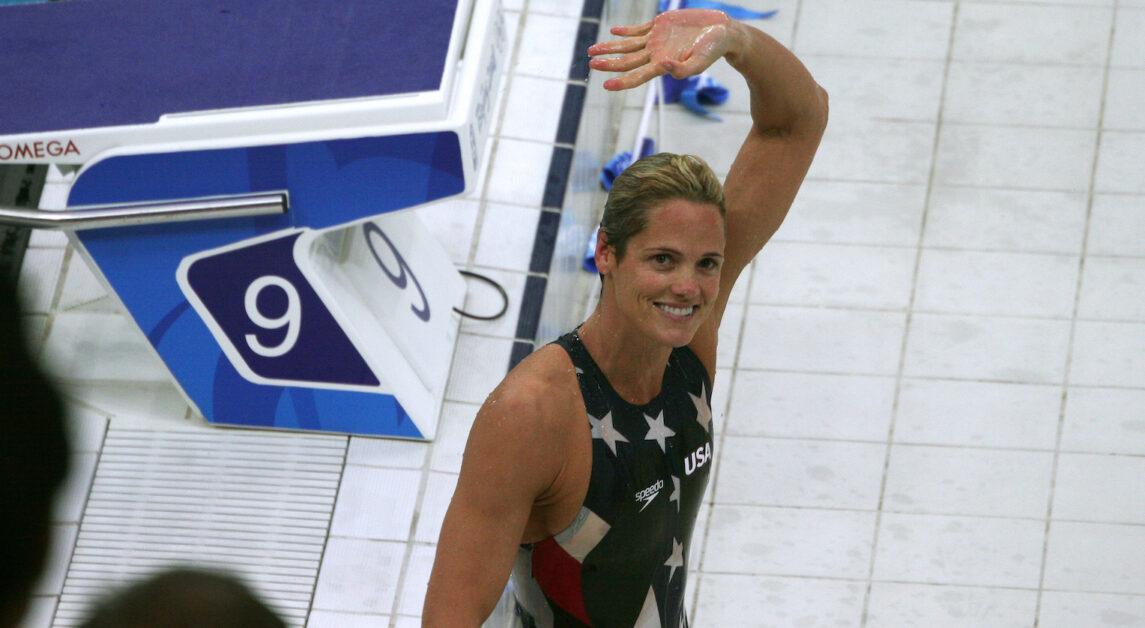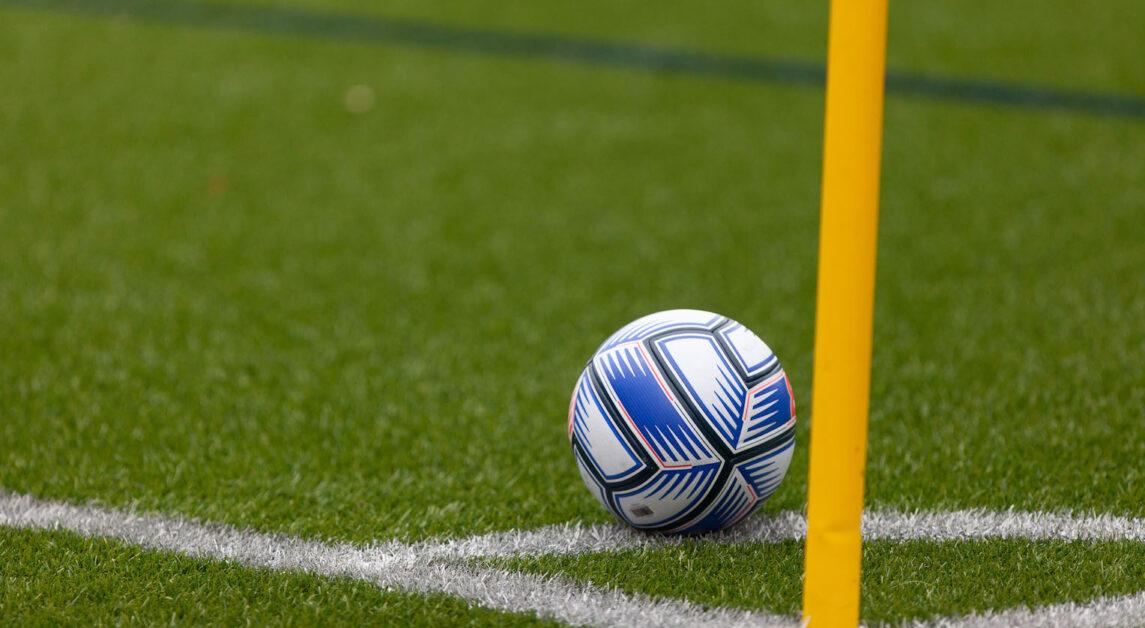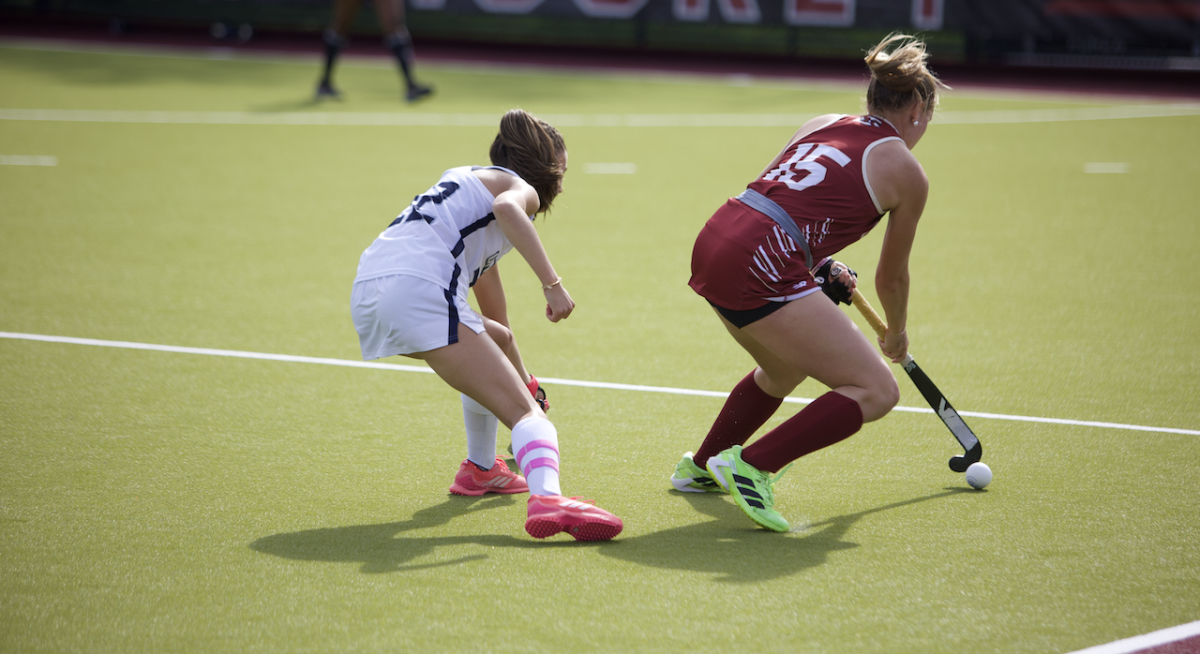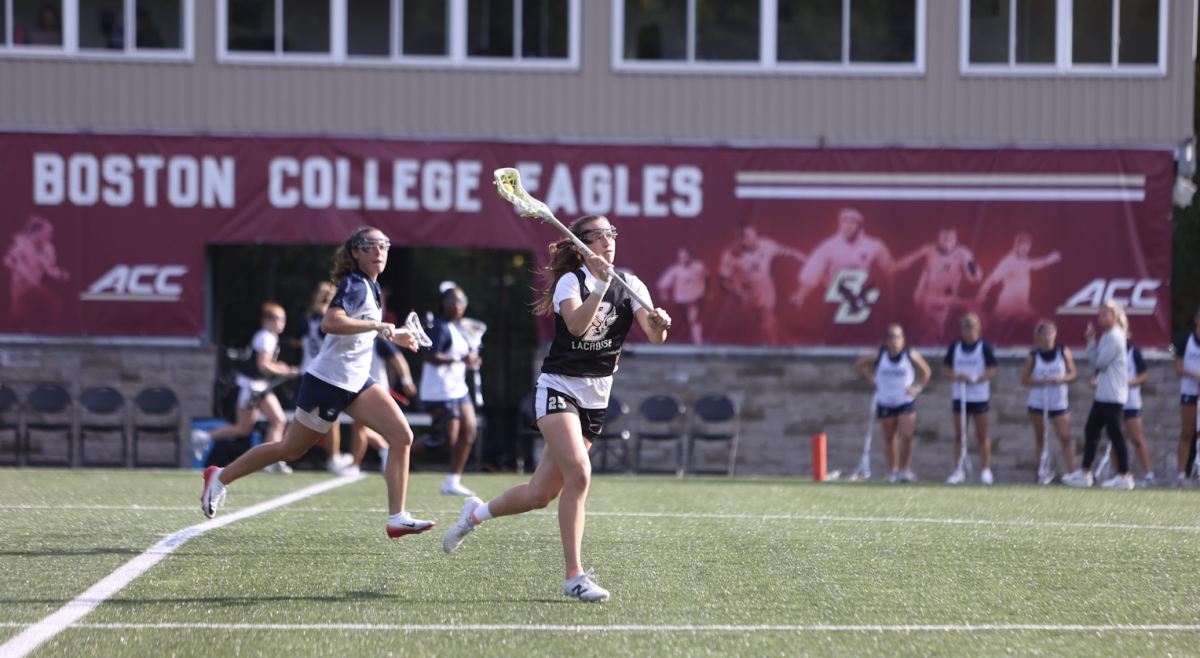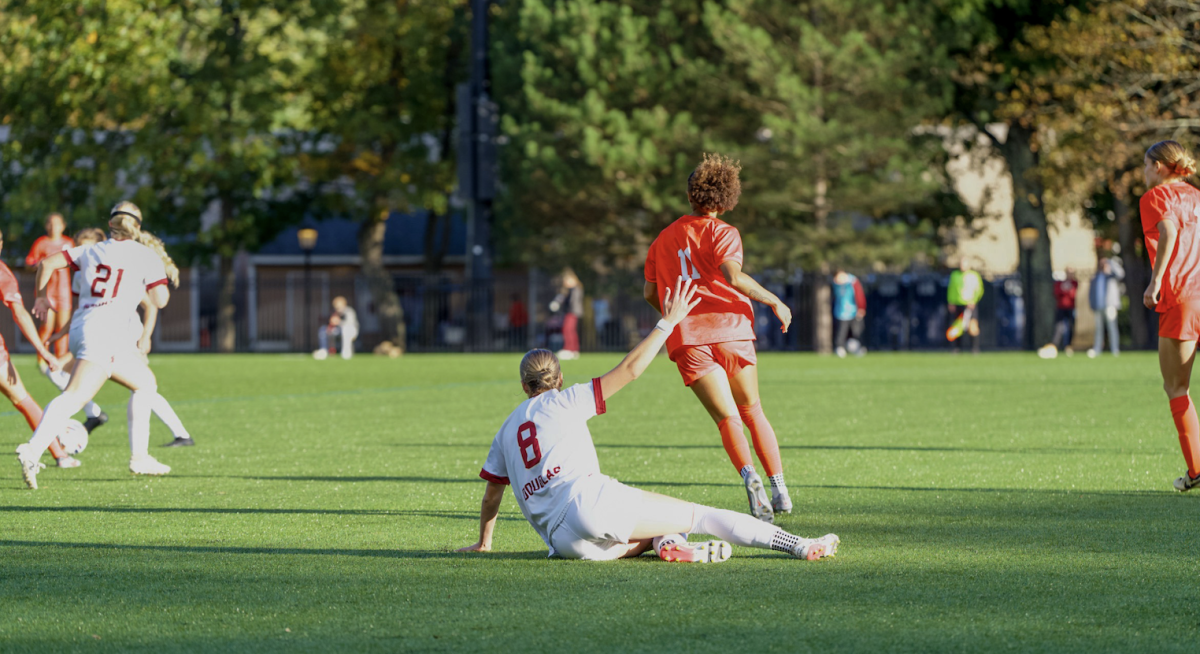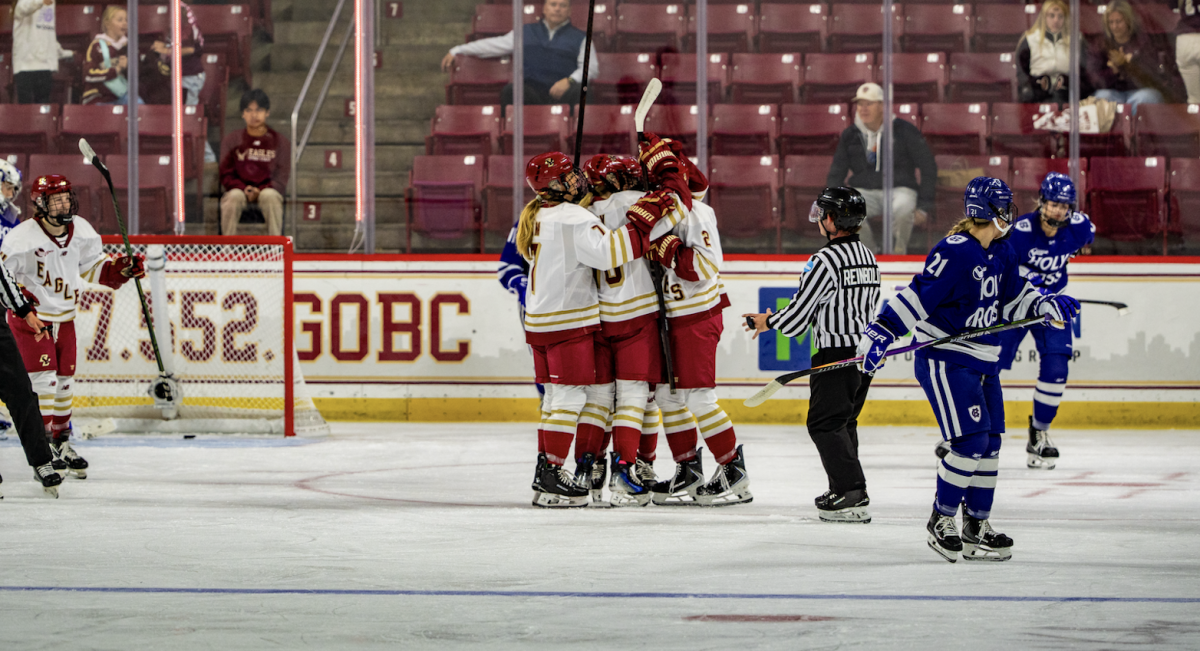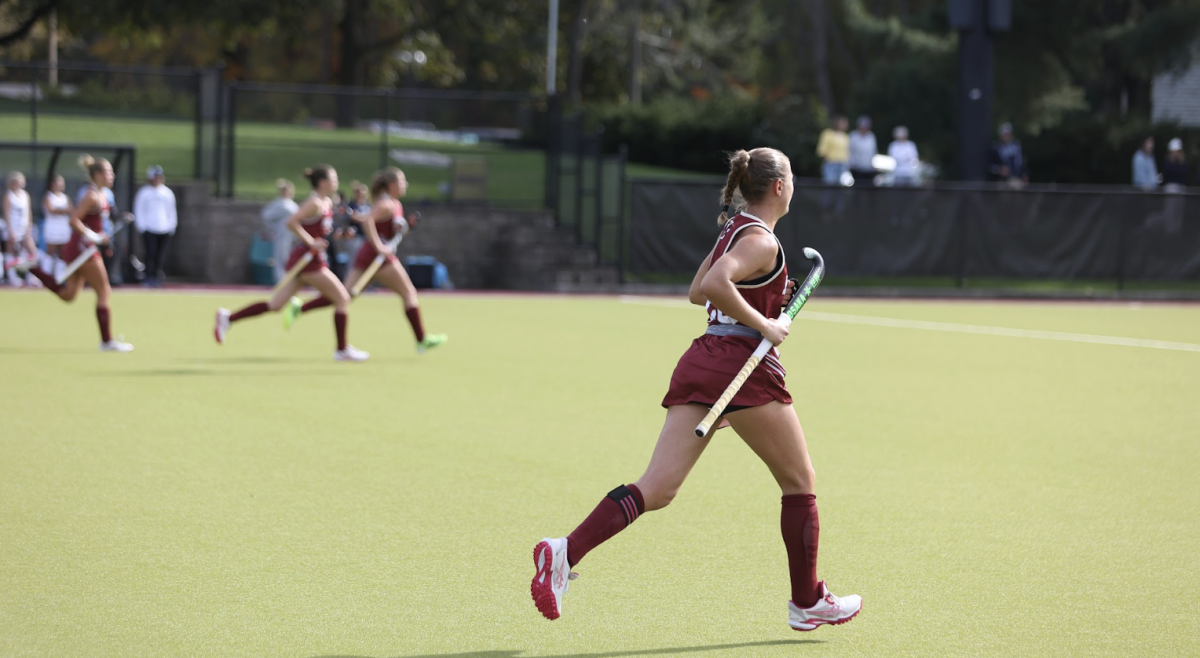Although national name, image, and likeness (NIL) legislation went into effect at the beginning of the month, allowing collegiate student-athletes to financially capitalize on their personal brands, both states and individual universities are making adjustments to their policies almost daily. Still up in the air is how the disparity across states and universities will affect student-athletes in different ways.
“It’s almost like you’re building a plane while you’re flying it because all of this stuff is so new,” said Jade Morris, Boston College’s senior associate director for student-athlete development. “It’s new to us, it’s new to our student-athletes, and honestly, we’re just trying to find the best way to support them.”
The state of Massachusetts has yet to enact any statewide NIL legislation, leaving it up to individual institutions to build policies that fit the schools themselves. BC’s NIL plan is formed around the University’s Jesuit ideals and the Student Code of Conduct.
“Realistically, we’re focused on the Jesuit values of the institution and ensuring that any opportunities and individuals involved are along the lines of Jesuit philosophy, which I would imagine the University would feel the same way about just any student,” said Carly Pariseau, BC’s associate athletic director for Compliance Support Services.
Particularly as a private institution, BC has the power to enforce NIL restrictions in order to comply with the University’s vision, though Pariseau said those decisions come down mostly to the Student Code of Conduct.
For example, a BC student-athlete over the age of 21 is permitted to form a partnership with an alcohol brand, because legally consuming alcohol complies with BC’s Student Code of Conduct. Partnering with any companies associated with drugs, drug paraphernalia, or gambling, however, goes against BC’s policy.
In order to build a cohesive and intelligent policy, Pariseau said that her department focused more on legal issues than issues with the NCAA because the NCAA’s policy is very broad and somewhat permissive.
Discussions of how BC’s policy will look have been going on for nearly a year, Pariseau said, and since then, the athletics department has worked to educate its student-athletes on how to effectively capitalize on their personal brand, as well as increase education in financial literacy. Even now, though, Pariseau and her department are still in the process of uncovering the full scope of BC’s policy.
“We really could not put pen to paper until we knew what we were dealing with,” Pariseau said. “And so although we were having lots of discussions about what this would look like … we just weren’t sure until we knew exactly what we were dealing with.”
BC is also at an interesting juncture because of the lack of regulation on the state level in Massachusetts. Florida, on the other hand, which was once seen as the pacemaker in NIL legislation because it was one of the first to enact laws on the state level, has more clear-cut boundaries enforced across the state.
In the early stages of NIL legislation, Florida appeared to be the state in which it was easiest for student-athletes to capitalize on their name, image, and likeness, according to Pariseau.
“Six, nine months ago, everybody thought Florida was this great place to be because they had adopted state law that required name, image, and likeness,” Pariseau said. “Now that we’re into the thick of it, you’re actually better off being in a state that doesn’t have anything adopted like we are.”
With the national introduction of NIL laws, the states that didn’t initially put such legislation in place are now at an advantage from the student-athletes’ standpoint.
“It provides us a lot more flexibility,” Pariseau said.
That flexibility is also a key component of BC Athletics’ involvement—or lack thereof—in its student-athletes’ sponsorship deals. Both Pariseau and Morris stressed the importance of student-athletes having control over not only how they go about finding deals, but also which deals they select and how they curate their individual brands.
“I think that BC students are really smart, and I think they know what they like, what brands they want to have, they know what they want to have their brand be attached to,” Morris said.
BC Athletics’ educational programs on the new opportunities that NIL legislation presents have centered around curating an individual brand through informed decision making.
“They know that this is beyond money or value, that it’s much bigger than that,” Morris said. “I think it’s special in the sense that they’re not getting involved with things that don’t make sense or aren’t kosher with BC or the brand that they’re trying to portray.”
In the same sense that student-athletes will take into account the quality of brands they are looking to partner with, Morris said she expects that brands will look for high-quality individuals with whom to partner. BC’s Jesuit focus on educating the whole person, she said, gives BC an advantage over other institutions.
While schools such as Ohio State and Alabama have much more national athletic recognition than BC, Morris said she doesn’t see that fact as a disadvantage for BC student-athletes. In fact, she sees BC’s uniqueness as an advantage.
“If anything, [the BC brand] is more powerful because they’re entrepreneurs, right?” Morris said. “They’re smart, they’re not signing up or taking things just for the money. They’re going to really think through thoughtfully what this means to them and how it impacts them.”
Morris also noted BC’s proximity to the City of Boston as an advantage. As BC’s partnership with New Balance, headquartered in Boston, shows, it pays off to be in a major business hub.
Beyond brand deals, student-athletes also have the ability to profit from running youth sports camps. Many student-athletes, including BC lacrosse star Charlotte North, had already run such camps without receiving compensation, but the new NIL legislation provides a financial incentive for such camps.
North announced on her Instagram story on Tuesday that she led a shooting skills clinic in Stowe, Vt. Though it’s unclear if she profited from the clinic, under new legislation, making a profit is a possibility for the first time in history.
“There’s just a whole slew of opportunities that they can do to profit off of their name, image, and likeness, but also become entrepreneurs themselves and figure out what their brand means and how much it’s valued,” Morris said.
Featured Image by Maggie DiPatri / Heights Editor


